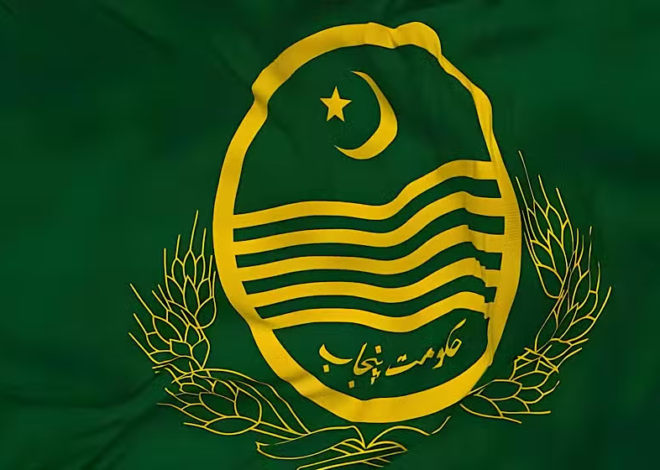
UAE Not Issuing Visas to Pakistanis Over Criminal Activity Concerns, Senate Body Told
Pakistan’s Senate Functional Committee on Human Rights was briefed on Thursday that the United Arab Emirates (UAE) is currently not issuing visas to Pakistani citizens due to concerns related to criminal activity and misuse of Pakistani identification documents.
The disclosure was made by Additional Interior Secretary Salman Chaudhry, who delivered a detailed briefing on rising cases of illegal migration, human trafficking, and the misuse of Pakistani passports abroad.
According to Chaudhry, the UAE has restricted visas for Pakistanis and is only issuing them to holders of diplomatic and blue passports. He added that only a very limited number of visas for ordinary citizens had been approved in recent months, and even those required extensive scrutiny.
He stated that Saudi Arabia and the UAE had “stopped short of imposing an official ban” on the Pakistani passport. However, he cautioned that if a formal ban were ever imposed, reversing it would be extremely challenging.
During the briefing, the official also revealed that large numbers of Pakistanis had been deported from Saudi Arabia over the past several months. A significant factor behind the heightened scrutiny is the presence of Afghan nationals living in Saudi Arabia using illegally obtained Pakistani identity documents.
He further told the committee that several districts in Punjab—Gujrat, Wazirabad, Sheikhupura, and Lahore—have become hubs for organized human trafficking networks. These groups lure young men with promises of legal passage to Europe, charging between Rs4.3 million and Rs5 million per person, before sending them on dangerous and illegal routes.
Many victims, he added, are kept in inhumane conditions for months and forced into labour while in transit.
Chaudhry said that he personally visited multiple countries on the instructions of the Prime Minister to assess the growing human trafficking crisis and identify gaps in Pakistan’s existing oversight system.
Committee chair Senator Samina Mumtaz Zehri confirmed the remarks, attributing the UAE’s hesitation to concerns over Pakistanis engaging in criminal offences upon arrival.
The briefing also highlighted systemic failures that enabled Afghan nationals to obtain Pakistani CNICs and passports. Chaudhry called this a result of “gross negligence and corruption,” but said the government was now digitising national records and had verified data for up to 200 million citizens.
The Interior Ministry said most Pakistanis arrested abroad are involved in minor offences, including overstaying, bank fraud, and identity-related violations.
Pakistan and the UAE traditionally enjoy strong diplomatic and economic ties, with the UAE hosting one of the largest Pakistani expatriate communities in the world. However, the latest revelations point to growing pressure on Islamabad to curb illegal migration and document fraud.


